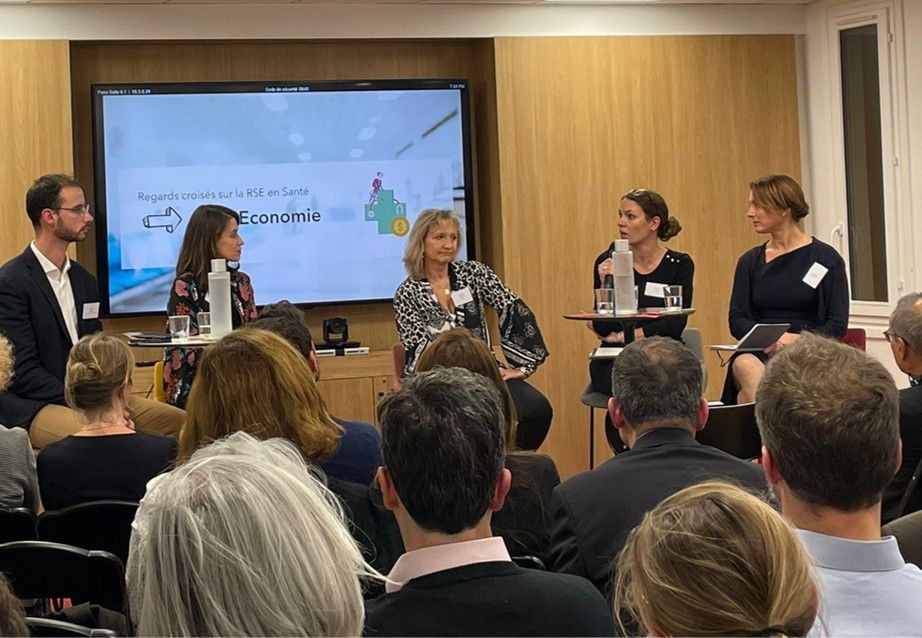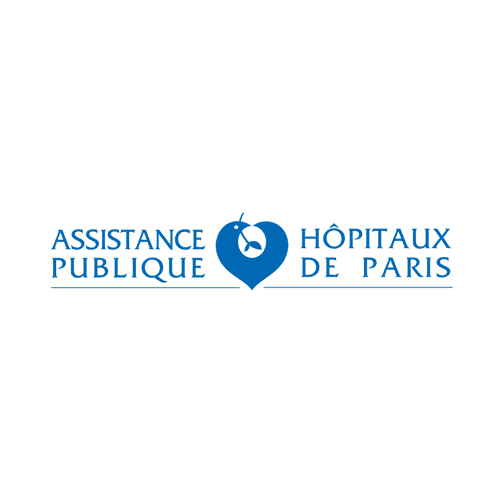
CSR

Make CSR a lever for differentiation and value creation
Our specialized team supports industrial players, start-ups, SMEs, and public sector players in their sustainable development and CSR projects. We believe that CSR should be a lever for differentiation and value creation.
They trust us





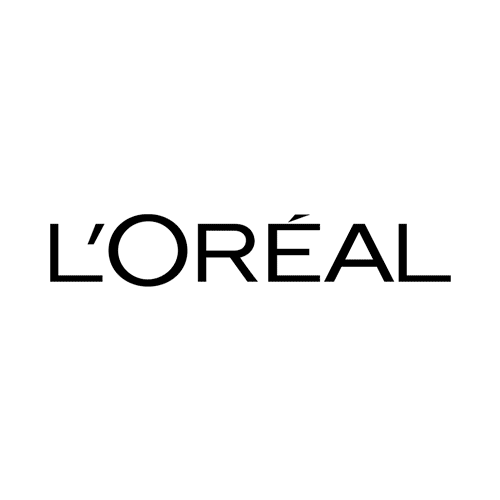
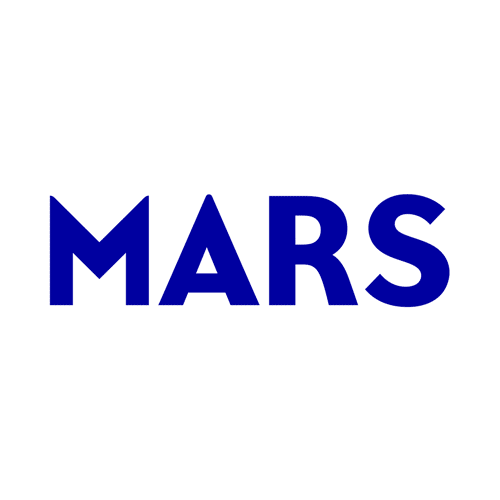
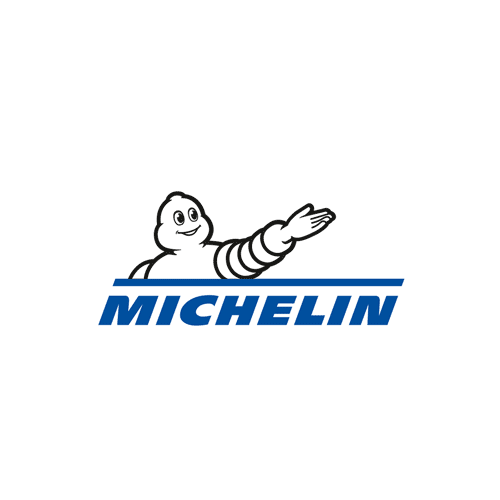

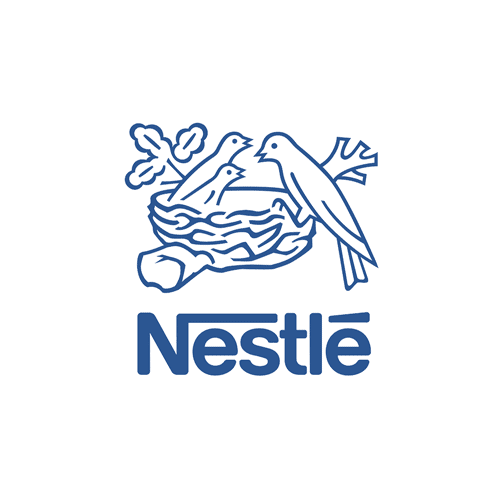
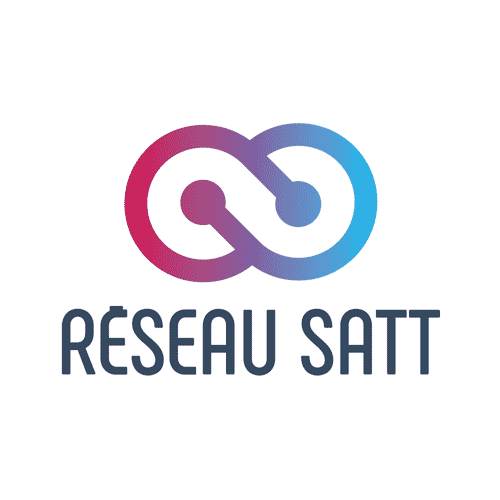
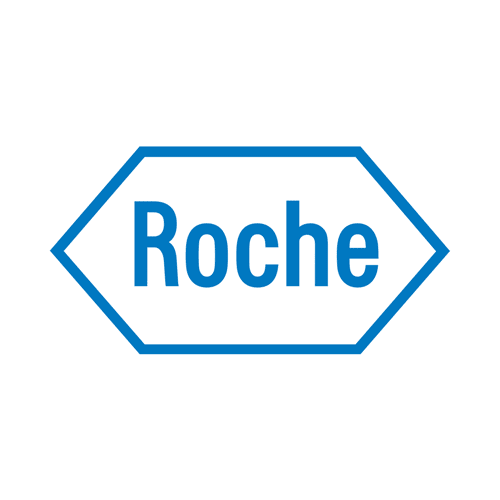
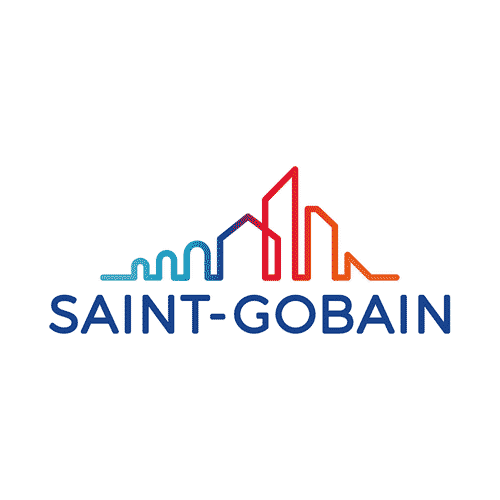

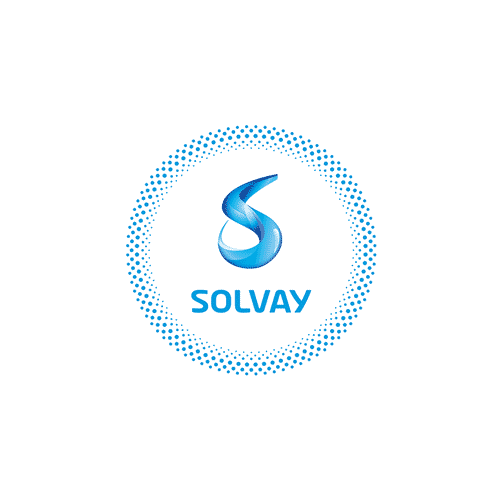
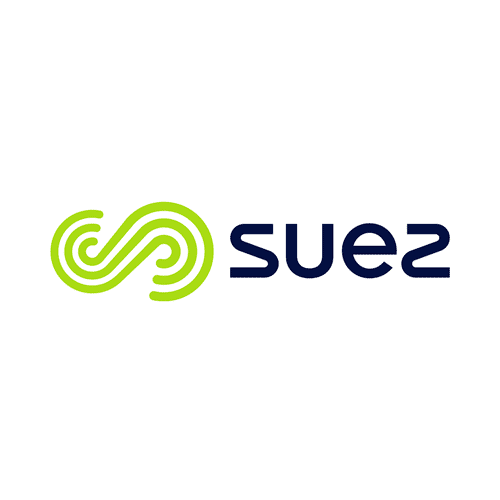
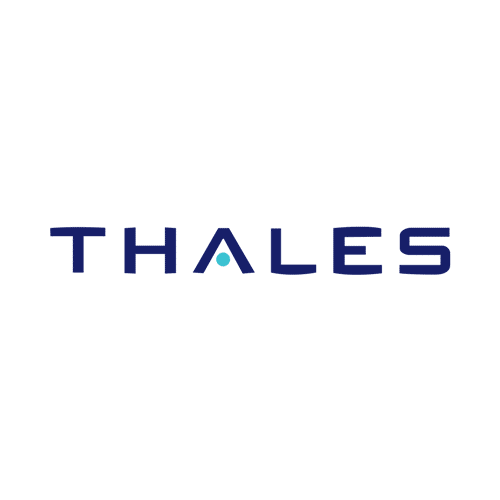
The challenges related to CSR
Today, CSR has become an essential pillar of every company. More than a simple response to societal expectations, it is a powerful lever for innovation and differentiation. However, the link between CSR (Corporate Social Responsibility) and business varies greatly from one sector to another or from one company to another, which raises its own series of challenges:
For mature industrial players, CSR is an integral part of their innovation strategies and allows them to develop products that meet the expectations of their customers/consumers and gain their trust. The commercial success that this generates gives companies the energy and the means to accelerate their transformation. The CSR dimension is then integrated into the upstream reflection process of the product concept, making it possible to open up the company’s functions.
Some players do not transform their product R&D through CSR; instead, they develop dedicated offers allowing them either to accelerate access to certain markets or support their existing product portfolios with “no profit, no loss” offers.
Other players have not yet integrated CSR into their product concept in R&D but are integrating it downstream, either by improving the production process itself by implementing green production practices or by working on the product end of life.
Lastly, other players who are still not very mature at present still consider CSR in parallel with their business. CSR actions are thus directed towards employees or do not generate business themselves. In this case, the actions remain limited and not very sustainable because they are dependent upon the budget that the company wishes to allocate to them and the group’s policy.
How do we balance our CSR commitment according to our business strategy? How do we harness CSR as a true lever of performance and create value? What CSR actions should we put in place and for what objectives and how do we implement them? Which stakeholders are involved in our CSR approach?
How we support you in your projects related to CSR
For more than 10 years, Alcimed has been supporting its clients, industrial players, start-ups and SMEs, and professional and institutional associations on various issues related to sustainable development and CSR: neglected patients, carbon valorization, zero packaging, ecological footprint, recycling process, bioresources, “no profit, no loss” offers, end of life, second life, clean label, sustainable nutrition, disability, caregivers, etc.
We work for many players in the pharmaceutical, chemical, mobility, energy, cosmetics, aerospace-defense, and agrifood industries on end-of-life issues facing their products, recycling, energy compensation, green industrialization, etc. (find out more by reading our page on “Circular economy“). Beyond the circular economy itself, our experience in CSR leads us to categorize our projects into 4 main types:
CSR strategy consulting
We help our clients define their CSR strategy, transition it into CSR policy, and put the governance in place. CSR objectives must be consistent with the company’s business objectives so that CSR is an integral part of its development drivers and becomes a real lever for business performance.
Optimizing CSR policies to better stand out in the market
The objective is to understand how the elements of the CSR policy are perceived by the customers and partners of our clients, and how they position themselves versus the competition. These analyses allow us to help our clients improve their current strategy or to consolidate what they are already doing in order to use it as a lever to access certain B2B or B2C markets.
Identifying business opportunities related to CSR
This third component is closely linked to our investigative expertise, as we help our clients identify a “nugget”, or a “green” opportunity that could become a product, service, packaging, technology, industrial process, etc. and then integrate it into their processes. It is then a question of understanding how to generate value from this opportunity, how it can impact their current value chain, what new business model to put in place, which partners to integrate CSR into their roadmaps, etc. Here, we rely on our expertise in developing circular economy roadmaps.
Onboarding the teams
All these projects only make sense if you get the team behind you. It is a matter of agreeing on the terms related to sustainable development and CSR, of educating about it, of evangelizing, and of giving meaning to the teams in their approach to these challenges.
This is why we work in all these projects to involve the team: to promote what is done and to make it easy to understand!
What they say


"The results of the study were used to better understand the overall environmental impact of the solution developed by the teams, and this gave us the keys to making strategic choices in the future"
Philippe Nappey
System Architect & Innovation Project Leader
Examples of recent projects carried out for our clients in CSR
Constructing a CSR management tool in R&D and implementing its governance for an agrifood manufacturer
We helped one of our clients, a leading agrifood manufacturer, to develop a decision-making tool for R&D, so that all CSR dimensions could be integrated from the very first stages of the concept, including product design, materials, purchases, the ethics of its positioning, etc.
We first worked on the CSR pillars in order to define each criterion and the KPIs to be considered when making product development decisions. We then defined how and by whom this tool would be used in order to open up decision-making. This tool is now used in each of their R&D programs and guides their innovation decisions.
Challenging the credibility, ambition, and exhaustiveness of the CSR strategy of a leader in the phytosanitary and seed field
Alcimed supported a leader in the phytosanitary and seed field who had recently defined its CSR commitments and selected the UN Sustainable Development Goals (SDGs) on which it wanted to focus. Our client wanted a critical review of its strategy by players in its ecosystem before moving on to the implementation stage. We examined the commitments and SDGs chosen with KOLs and CSR leaders in the agricultural value chain, focusing on 3 questions:
- Was our client perceived as credible and competent to work on the selected UN SDGs?
- Were the commitments sufficiently ambitious and clearly defined, and were the associated KPIs adapted?
- What were the gaps our client needed to fill?
Following this assessment, we were able to help our client to finalize their selection of UN SDGs and enter the implementation phase with a solid foundation.
Assessing the opportunity to switch from a bottled product to a bulk product and its impact on the business model for a cosmetics company
We supported a cosmetics player who wanted to reduce its environmental impact by transforming one of its products currently sold in pharmacies in a bottle to a bulk product in a container. As a first step, we verified that a bulk formula could make sense for their markets and customers.
We then sought to understand how it would affect pharmacists. For example, who would be responsible for asepsis? How would the storage be managed? What would be the impact on the point of sale? Lastly, we defined a new business model more adapted to this new offer and mapped out the new stakeholders to consider.
What was the result for our client? A clear vision of the changes brought about in the market by its new offer, as well as a roadmap to best accommodate the changes.
Developing a CSR pitch to support the response to public calls for tender in healthcare
We supported a pharmaceutical player who was seeking to strengthen its application for public contracts by reinforcing its differentiation arguments based not only on its products and services but also on its CSR policy.
To do this, we identified the expectations of the authorities in the respective countries in terms of CSR and deciphered the weight of CSR criteria when choosing awardees. By coupling this vision of demand with an analysis of the CSR policies of our client’s competitors, we developed a pitch and a toolbox for each of the countries within the scope of the call and proposed some avenues to improve our client’s CSR performance!
Development of a CSR roadmap for a medium-sized company specialising in automation solutions and electrical equipment
Our client, an industrial group in the field of automation and electrical equipment, wanted to take its CSR approach further, by approaching it in a more strategic and structured way at Group level. We helped them to co-construct their CSR roadmap through the following stages, in line with the ISO 26 000 standard:
- Definition of a CSR vision for the Group;
- Determining the areas of commitment that meet the Group’s priority challenges, as highlighted by a materiality analysis;
- Setting specific medium-term objectives that are achievable and measurable via KPIs;
- Drawing up action plans for each of these objectives to ensure operational implementation.
This roadmap has enabled our client to give substance to its CSR strategy, in a way that highlights the Group’s efforts and commitments and highlights the major future projects in this area for the Group as a whole.
Support for a food manufacturer in assessing the environmental impact of its products
Our client, a food manufacturer, wanted to systematically assess the sustainability of its products as part of its CSR commitments.
To achieve this, our team developed an objective and quantifiable methodology for assessing the sustainability and environmental impact of our client’s product portfolio. This assessment was implemented in a dedicated, flexible and automated tool, enabling our client’s team to dynamically measure changes in the sustainability of existing products, as well as assessing the sustainability of new products.
This methodology and tool have not only enabled our customer to meet its CSR commitment, but also to gain an insight into the sustainability of its new products, enabling it to identify the sensitive points of its products so that it can innovate. In addition, generating this data gave them material for internal and external communication.
You have a project?
To go further
Healthcare
How to reduce the environmental impact of pharmaceuticals downstream of the value chain
Find out what actions to take to reduce the environmental impact of the distribution and life cycle of pharmaceutical products.
Healthcare
Crossed perspectives on CSR in healthcare: key challenges around the 3 pillars of CSR
What are the key issues around the 3 pillars of CSR? How do healthcare actors take ownership of them?
Cross-sector
What are the challenges and opportunities of the new CSRD directive for companies?
The CSRD will require ESG reporting from 40,000 new companies in 2024. What challenges will they face and what opportunities can they seize?
Founded in 1993, Alcimed is an innovation and new business consulting firm, specializing in innovation driven sectors: life sciences (healthcare, biotech, agrifood), energy, environment, mobility, chemicals, materials, cosmetics, aeronautics, space and defence.
Our purpose? Helping both private and public decision-makers explore and develop their uncharted territories: new technologies, new offers, new geographies, possible futures, and new ways to innovate.
Located across eight offices around the world (France, Europe, Singapore and the United States), our team is made up of 220 highly-qualified, multicultural and passionate explorers, with a blended science/technology and business culture.
Our dream? To build a team of 1,000 explorers, to design tomorrow’s world hand in hand with our clients.
CSR, also known as corporate social responsibility, is defined by the European Commission as the voluntary integration by companies of social and environmental concerns into their business activities and their relationships with stakeholders. At the global level, standard ISO 26000 defines the scope of CSR and specifies the 7 essential dimensions: organizational governance, human rights, labor relations and conditions, the environment, fair practices, consumer issues, and communities and local development.
More simply, we can say that CSR defines the contribution of companies to the challenges of sustainable development.
Through its CSR policy, a company will therefore seek to have a positive social and environmental impact while being economically viable.
Corporate Social Responsibility is based on three pillars:
- The economic pillar: the company creates shared value and improves material living conditions, for example by favoring local and/or responsible suppliers;
- The environmental pillar: the company makes efforts to reduce its environmental impact, for example by decarbonising its activities, eco-design, reducing waste or implementing a circular economy approach;
- The social pillar: the company is committed to respecting human rights, the principles of non-discrimination, gender equality and equal opportunities, and ethical behavior. It seeks to meet the needs of its employees in terms of Quality of Life at Work (QWL).



